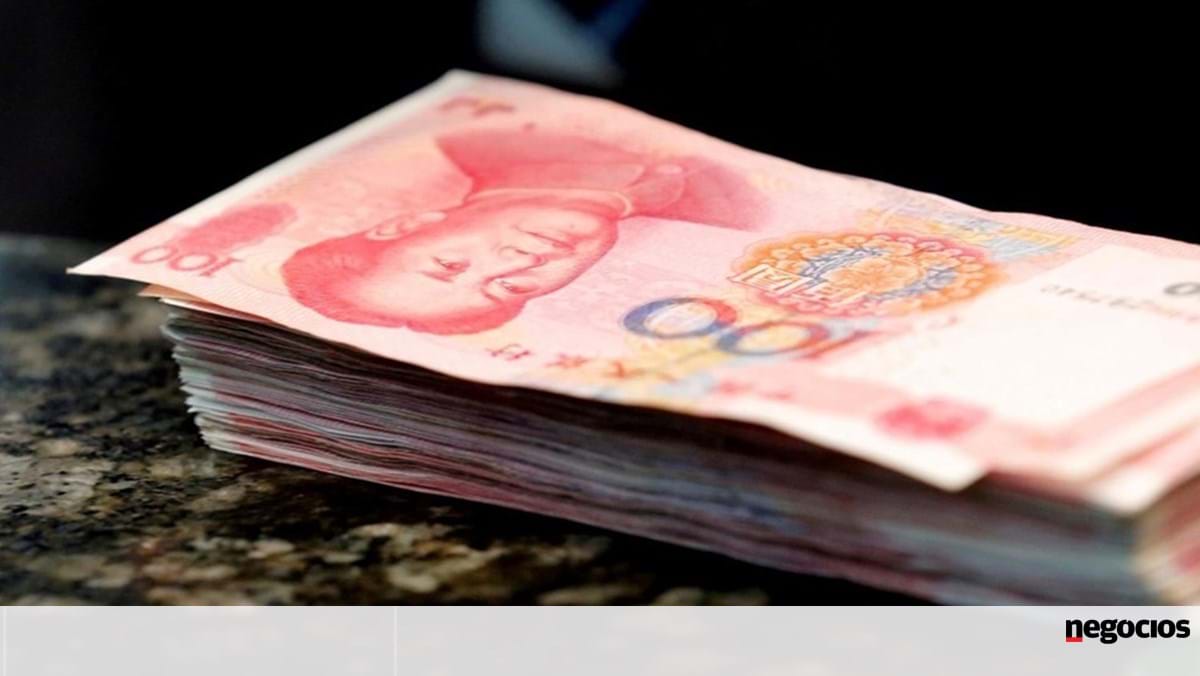The climate of uncertainty surrounding the Chinese economy is spurring selling. On the Chinese side, state-owned banks exchange dollars for yuan to prevent the national currency from depreciating.
The pessimism surrounding the Chinese economy is already affecting stock and bond markets, as Chinese investors sell off assets on a massive scale.
The Financial Times’ accounts, based on trading on the Hong Kong Stock Exchange, reveal an almost complete reversal of the 54 billion yuan (€6.8 billion) takeover of shares, which took place after, on July 24, the Communist Party Politburo. China has left a message of confidence.
Bonds held by foreign institutional investors fell by 37 billion yuan to 3.24 billion yuan, according to data from the regulator. Asset selling slowed but picked up steam in August with more disappointing data from the Chinese economy and unexpected news of interest rate cuts. Analysts interviewed by the Financial Times believe this selling trend will accelerate further.
“The measures taken so far seem to have disappointed the market. There is growing frustration and concern among investors about the lack of strong political action,” Muhammad Ababai told Citigroup newspaper.
State-owned banks exchange dollars for yuan
Inside there is also a stampede. Reuters reported Thursday that state banks are selling dollars to buy yuan, in both the domestic and foreign markets. The goal will be to halt the rate of Chinese currency depreciation.
Bloomberg also reported that the authorities have instructed state-owned banks to step up intervention in the foreign exchange market to curb currency volatility.
Citing sources close to the case, Bloomberg says one of the tools being considered is lowering foreign currency reserve requirements.
The renminbi has lost about 2.4% against the dollar this month, and 6% since the beginning of the year.

“Wannabe internet buff. Future teen idol. Hardcore zombie guru. Gamer. Avid creator. Entrepreneur. Bacon ninja.”







More Stories
Do you want to work on a cruise? This company is hiring 10,000 workers and the job could be yours – Executive Summary
Eat these carbohydrates before going to bed. You will sleep much better
Portugal wins its fourth EuroMillions prize… and the 'jackpot' goes up again